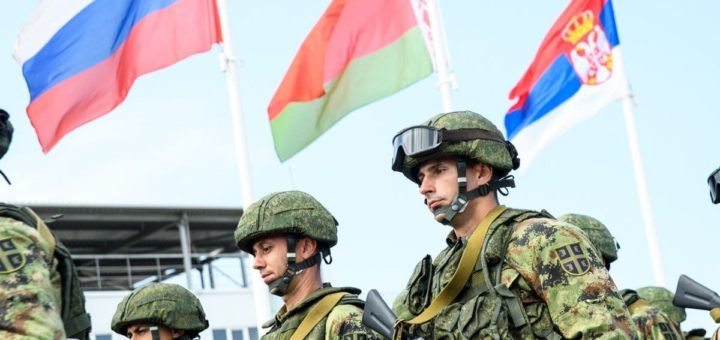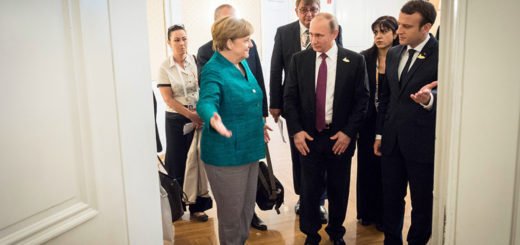Serbia pressurised by the EU maintains neutrality

In 2017, Belarus, Russia and Serbia held joint military exercises of landing troops close to the Polish border. The choice of time, place and participants were not accidental. It was a response to Montenegro’s accession to NATO and a further confirmation that Serbia and Russia were cooperating closely in the field of security.
A few days back, in this month, the Serbian government had decided to suspend all joint international military exercises for the next six months, just one day ahead of the beginning of the Slavic Brotherhood 2020 exercise to be hosted by Belarus.
The Defense Minister Vulin made it clear on September 9th that the decision was taken under heavy pressure from the European Union to not send forces to Belarus, which has been beset by unrest since last month’s disputed presidential election.

The EU’s response was “asked us to leave the planned exercise with Belarus or risk losing our European future,” said Vulin.
The Slavic Brotherhood 2020 exercise will be held in the second half of this month at a training ground near the city of Brest. The forces from Belarus, Russia, and Serbia were scheduled to be included.
The participants were scheduled to arrive in Belarus on September 10, according to the Belarusian Ministry of defence.
Though the Russian federation hasn’t made any comment, the West have successfully managed to pull the brakes in the Russian influence and military cooperation in the East European region for some time. This undeserved pressure from the European Union is not welcomed by the authorities of the EU-hopeful Balkan state of Serbia. Mr. Aleksandar Vulin has made it clear that Serbia will be suspending all kind of military drills with all it’s international partners, and if the peacekeeping operations are to be suspended, even those can be considered as decisions will be taken accordingly.
“Our participation in peacekeeping operations will be carefully considered and, if necessary, suspended,” Vulin said, adding that the decision was made to preserve Serbia’s “position of military neutrality.” And this step is not to abide by anybody but with respect to the safety and sovereignty of the Republic of Serbia.
The Russian news agency TASS quoted a spokesman for the Belarusian Defense Ministry as saying Minsk hadn’t yet been officially informed of Belgrade’s decision.
A NATO official said the Western military alliance had “no specific events planned with Serbia for the coming months, but we remain committed to the partnership in the interest of stability and security in the region.”
“NATO has a long-standing partnership with Serbia, which we value,” the official added.
Serbia is a member of NATO’s Partnership for Peace program. Although Serbia has close relations with the government of Belarus and has been a good friend of the president Alexandr Lukaschenko, on 11th August Belgrade endorsed a joint EU-U.S. statement saying that the presidential election in Belarus was “neither free nor fair” and criticized the Belarusian government’s violent crackdown against the protesters.


















